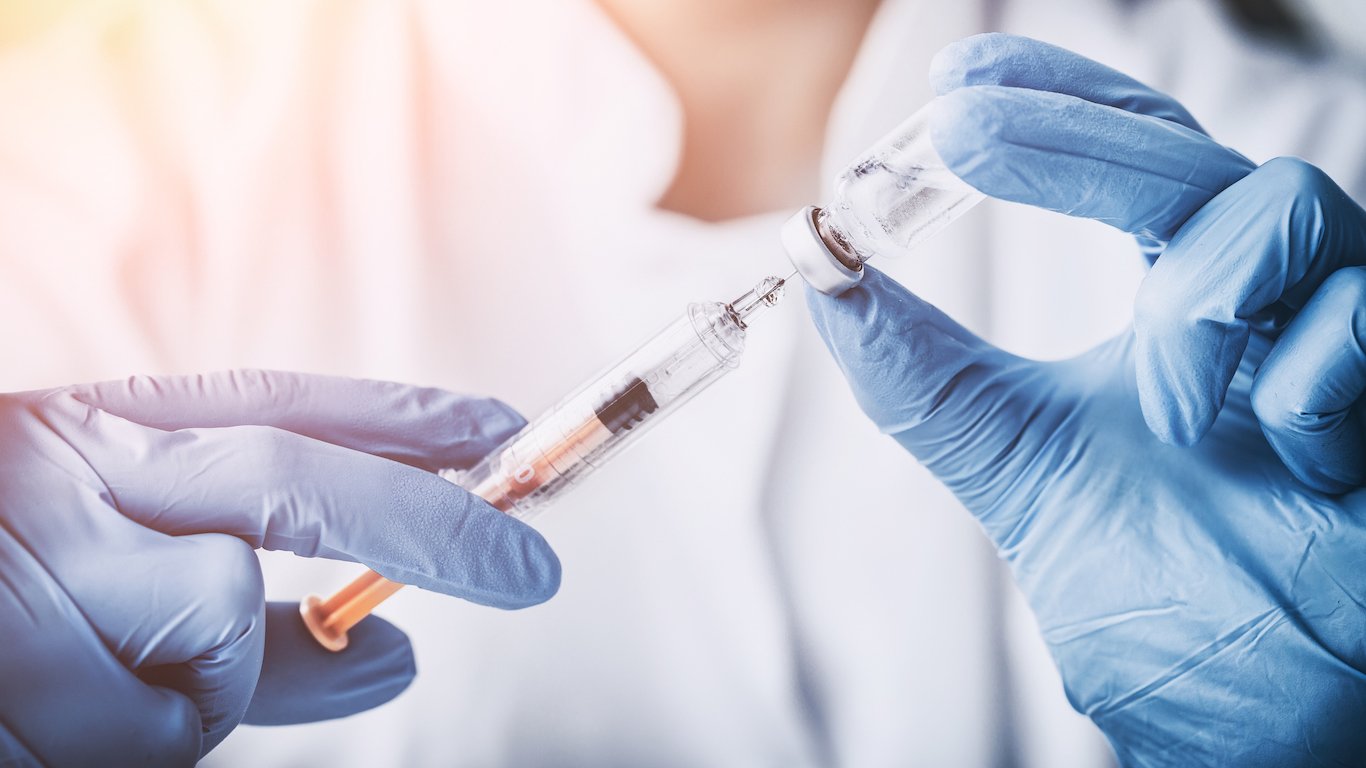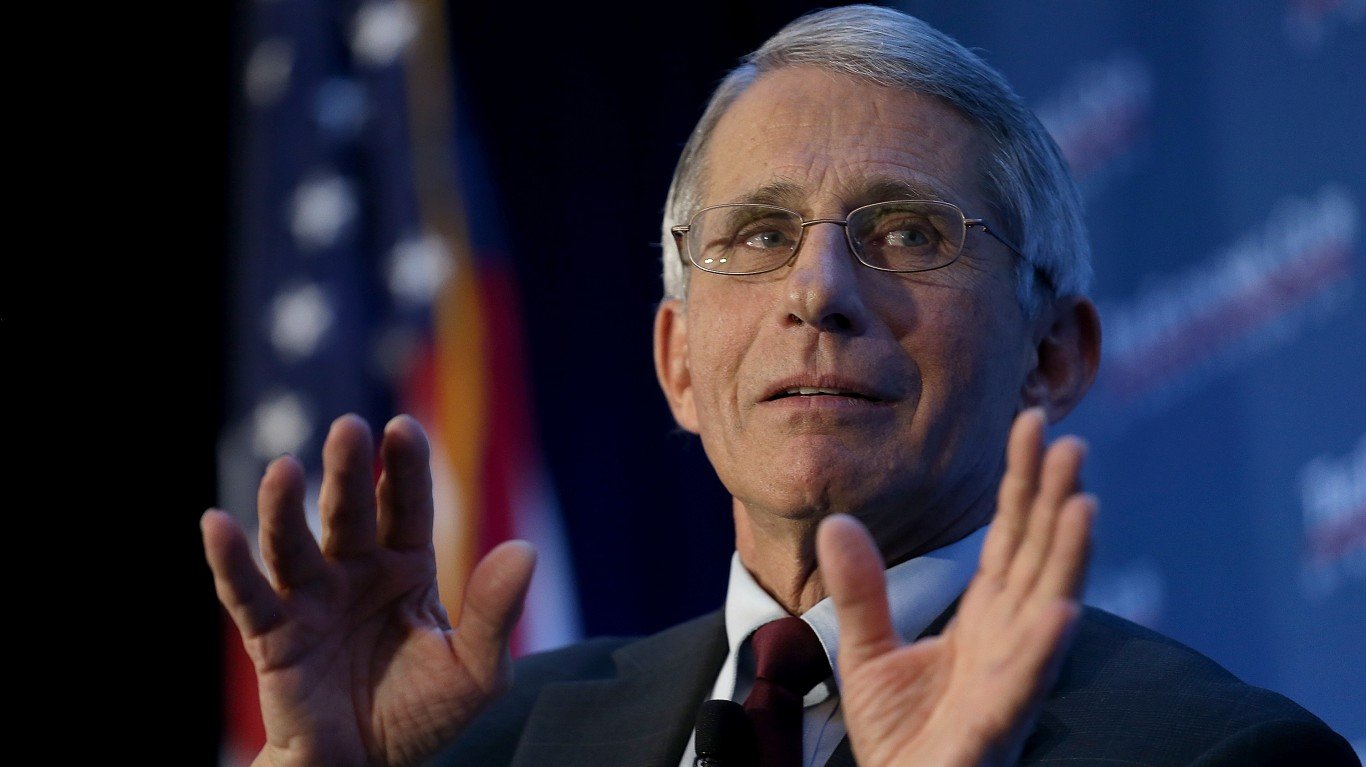

The pace at which confirmed COVID-19 cases rose in the U.S. has decreased from 200,000 a day to an average of under 100,000. Nevertheless, the confirmed case count is 28,325,091, about 25% of the world’s total. And, some scientists and medical experts think this figure is far too low because of poor testing and asymptomatic carriers.
Fatal case increases have slowed as well, from 4,000 new cases a day to under 2,000 recently. The U.S. total has just topped 500,000, about 20% of the world’s figure.
Two forces will likely cause the acceleration or deceleration of new COVID-19 cases over the next few months. One is vaccinations. Today, only 13% of the adult population in the U.S. has received at least one dose. Only about 5% have received the necessary two shots. Vaccination rates have been slow, and in some states few doses are available at all. President Biden says the federal government has contracted for 200 million new doses, but all of those will not be delivered before the end of July.
If vaccination rates continue to move slowly the three new variants that have reached America–from Brazil, South Africa, and the U.K can be expected to increase infections.. One spread so quickly that scientists believe it may become the most prevalent strain in the country by the end of March. An aggressive variant could cause another surge of serious illnesses and deaths. .
Anthony Stephen Fauci, the director of the National Institute of Allergy and Infectious Diseases and chief medical advisor to President Joe Biden recently told the media people may have to wear masks for almost two more years. Masks do work.
Click here to see when Americans can stop wearing face masks, according to Dr. Fauci.
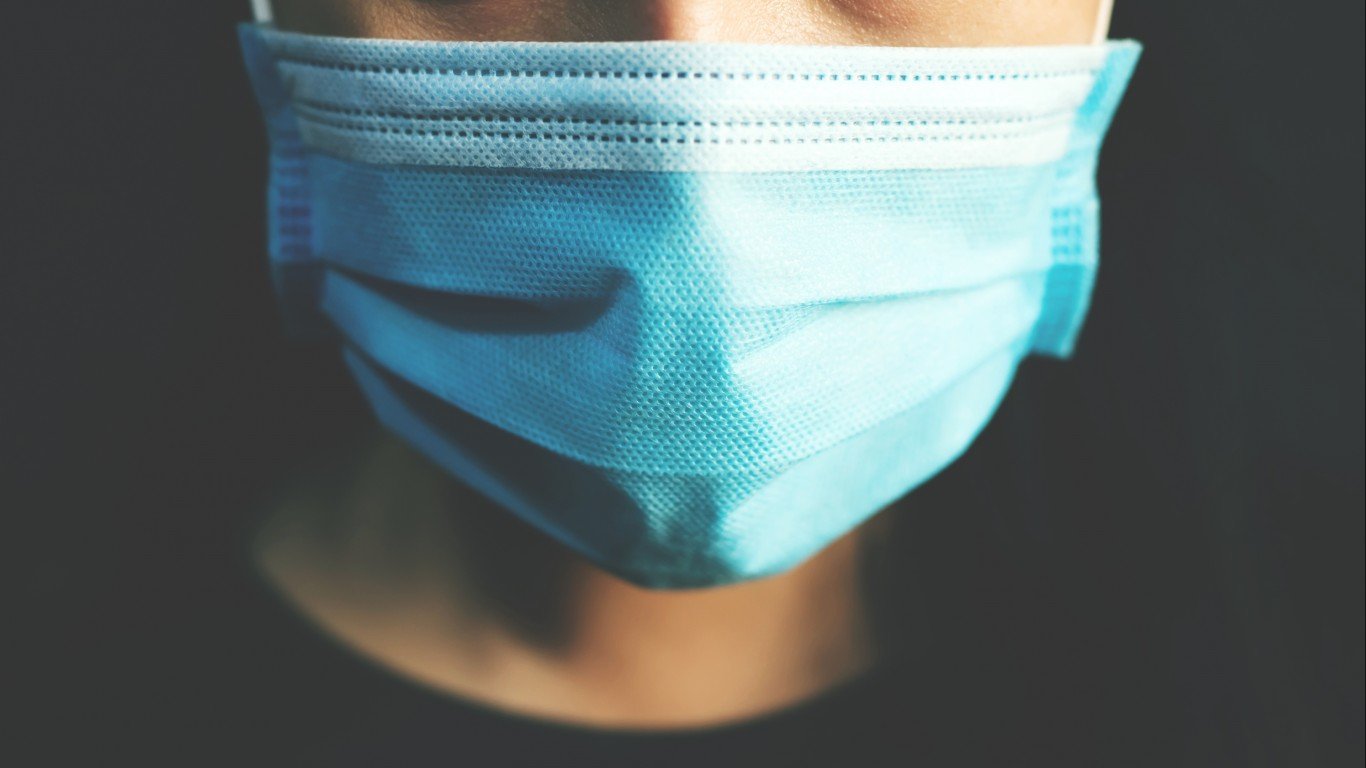
Masks may be here to stay
In an appearance on CNN, Dr. Fauci said it is “possible” Americans will need to wear masks even if the U.S. reaches “a significant degree of normality”. The key to Dr. Fauci’s comment is what normal means to most people. Not everyone in the U.S. will be vaccinated by the end of 2021. Part of this may be supply, but another reason may be the large number of people who have refused vaccination.
[in-text-ad]
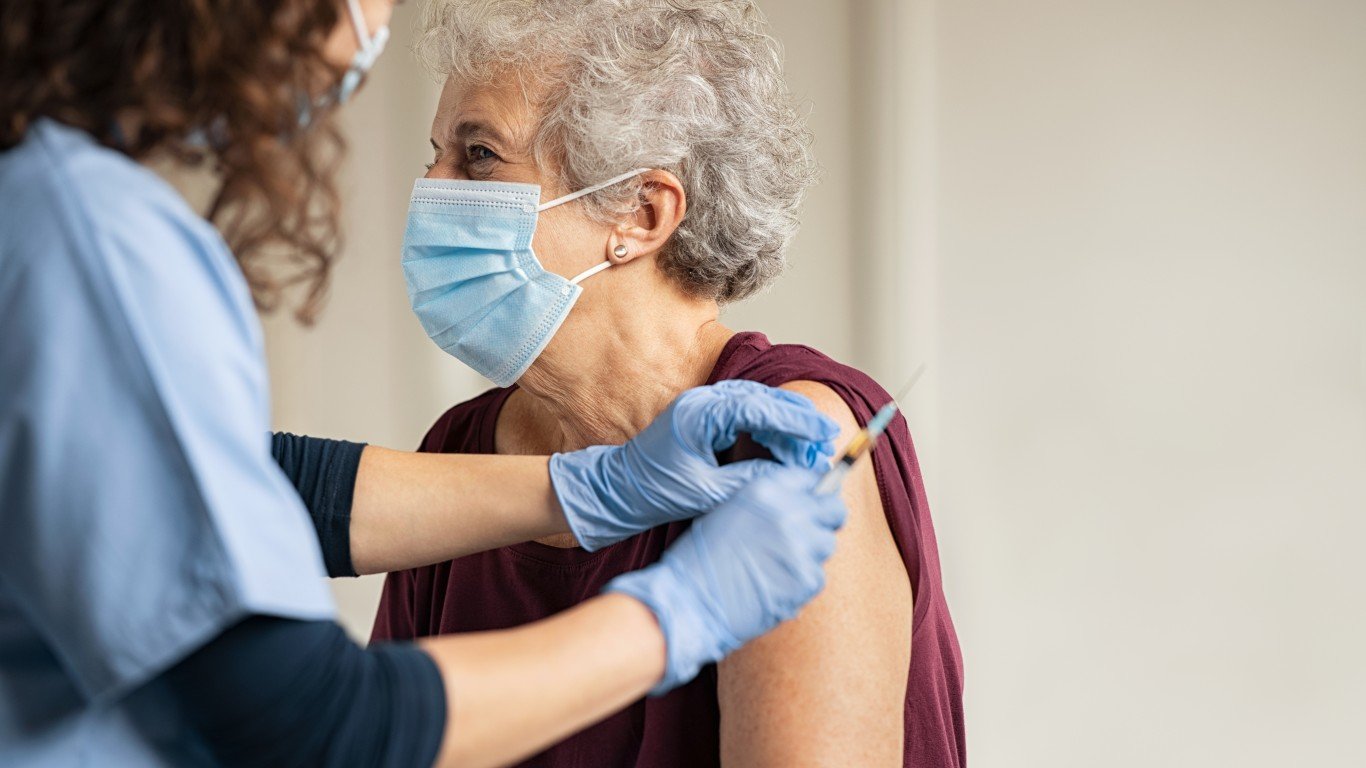
Many Americans will likely never get vaccinated
Many Americans have some hesitation about being vaccinated. According to The Kaiser Foundation, 31% will “wait and see how it is working”. Another 13% will “definity not get it”. The answers fell, to some extent, along racial lines, with Blacks and Hispanics less likely than Whites to say they will definitely get vaccinated.

We are on track to get back to normal soon
Dr. Fauci added in his CNN comments that “As we get into the fall and the winter, by the end of the year, I agree with (President Joe Biden) completely that we will be approaching a degree of normality.” Much of that will be based on whether the country has approached herd immunity which means that somewhere between 70% and 80% of Americans have either been infected or have been vaccinated.
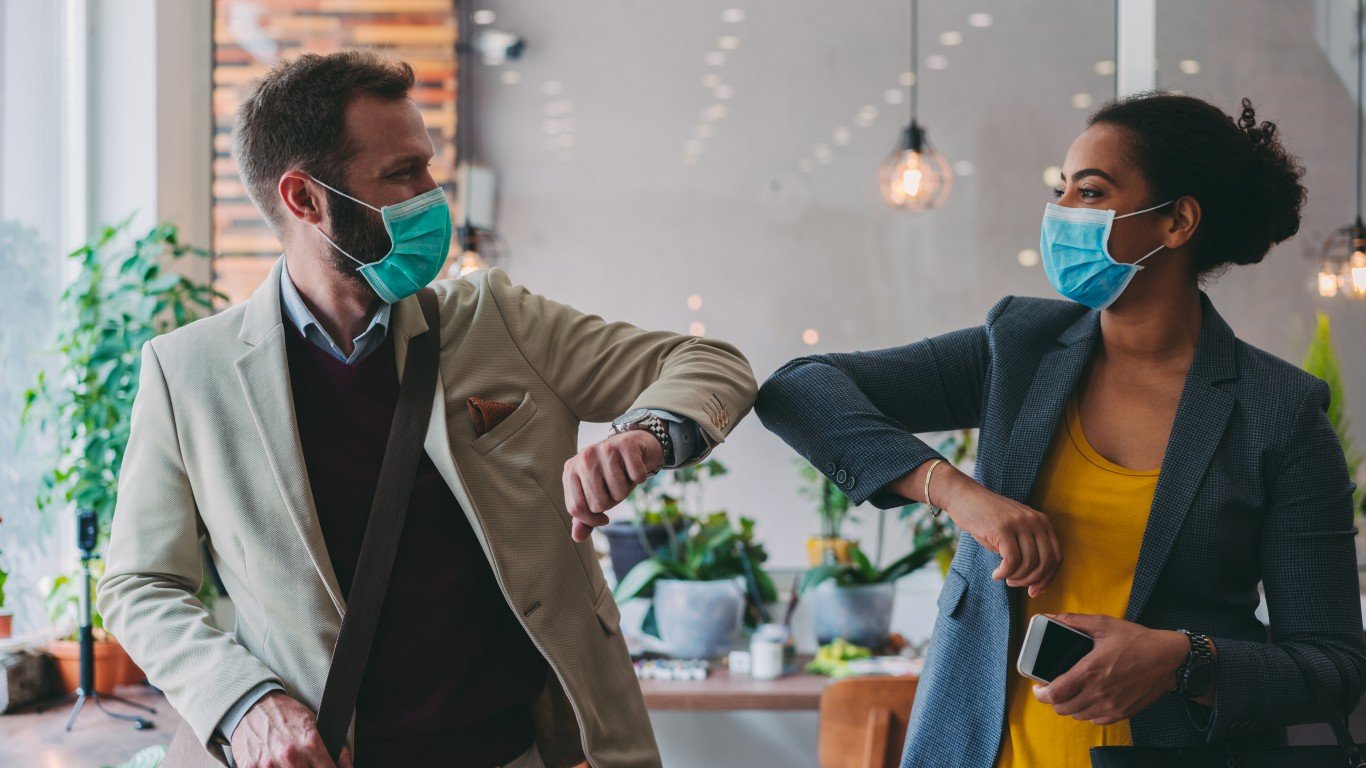
For some, masks will always be a good idea
Although Fauci has put the possible end date for wearing masks at 2022, some parts of the population may wear them indefinitely. Dr. Panagis Galiatsatos, a pulmonary and critical care doctor told CNBC: “I think face masks will continue to be used by the general public in times when they don’t feel well, and honestly we’re realizing that no one feels slighted without a handshake.”
[in-text-ad-2]

COVID-19 will never be completely eradicated
Additionally, COVID-19 may become a permanent presence in the U.S. and around the world. There are chances that vaccination will not entirely eradicate the disease, and that it will continue to mutate. If so, like the flu, there may have to be new vaccines each year. Recently, in WebMD, Gustavo Caetano-Anollés, a professor at the C.R. Woese Institute for Genomic Biology at the University of Illinois at Urbana-Champaign commented: “One conclusion is that the disease may be seasonal, like the flu. This is very relevant to what we should expect from now on after the vaccine controls these first waves of COVID-19.”
Sponsored: Attention Savvy Investors: Speak to 3 Financial Experts – FREE
Ever wanted an extra set of eyes on an investment you’re considering? Now you can speak with up to 3 financial experts in your area for FREE. By simply
clicking here you can begin to match with financial professionals who can help guide you through the financial decisions you’re making. And the best part? The first conversation with them is free.
Click here to match with up to 3 financial pros who would be excited to help you make financial decisions.
Thank you for reading! Have some feedback for us?
Contact the 24/7 Wall St. editorial team.
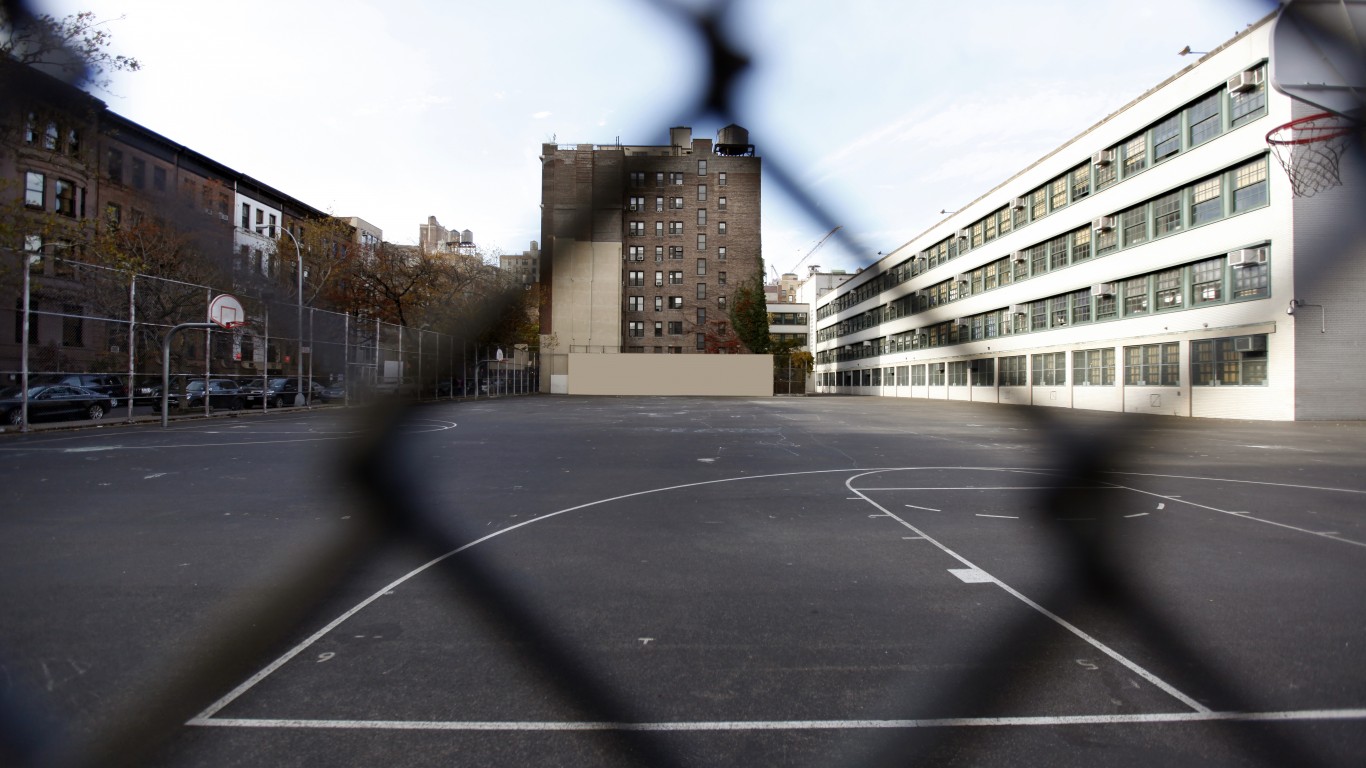 24/7 Wall St.
24/7 Wall St.

